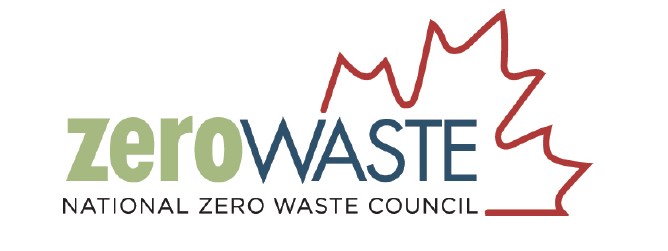Cities call for federal tax incentive to slash food waste

Canadian cities from coast to coast have recently passed or are tabling, in the coming days, resolutions in support of a federal tax incentive aimed at encouraging food producers and retailers to divert edible food from landfills to charities serving Canadian households.
The resolution advances a proposal developed by the National Zero Waste Council (NZWC) that “urges the Government of Canada to implement tax incentives for food producers, suppliers and retailers to donate unsold edible food, thereby, reducing unnecessary food waste, decreasing disposal cost to municipalities, reducing the environmental impact of food waste and addressing the issue of hunger and poverty in our communities”.
“This is a timely measure,” said Malcolm Brodie, Chair of the National Zero Waste Council and Mayor of Richmond, B.C. “Similar to fiscal incentives introduced in the United States and Spain, our proposal would help further address the problem of organic waste, save municipalities money and provide a range of economic, environmental and social benefits.”
No less than 40% of the food we produce is lost – nearly half of it along the supply chain from farm to food store. Research shows that a modest tax incentive could divert larger volumes of food away from landfills, helping Canadian cities further their efforts to prevent waste, while also reducing greenhouse gas emissions and food insecurity.
The estimated value of food wasted across Canada is $31 billion, or 2% of the Canadian Gross Domestic Product. The cost to businesses, and to municipalities who have responsibility for the management of organic waste, is significant.
Last week, the Ontario Waste Management Association and national partners published a major policy report, Rethink Organic Waste: A circular strategy for organics, which recommended “tax incentives and …government procurement policies to avoid the creation of food waste through mechanisms like food donation programs.”
“While the tax incentive would not address the systemic causes of poverty and food insecurity, it’s one of a suite of tools needed to prevent the waste of edible food,” said Mike Layton, a Toronto City Councillor, and member of the National Zero Waste Council Food Working Group, which developed the draft motion.
Organic waste is also a major contributor to Canada’s growing greenhouse gas emissions; each year edible food, equivalent to 300 million meals, winds up in landfills. The waste may be most keenly felt, however, by children and adults in an estimated 1.6 million Canadian households that are “foodinsecure”
Cities that have passed or are tabling the motion include City of North Vancouver, Burnaby, Township of Langley, Edmonton, Halifax, Richmond, Ottawa, Toronto, and Calgary.
The National Zero Waste Council is a Canada-wide leadership initiative with a mission to act collaboratively with business, government and the community, at the national and international level, as an agent of change for waste prevention and reduction in the design, production and use of goods.
Founded by Metro Vancouver in collaboration with the Federation of Canadian Municipalities in 2013, the Council has united, among others, five of Canada’s largest metropolitan regions with key business and government leaders, academia and non-profit organizations in a call for national action and systems change to address waste generation.
For details, please see issues brief and frequently asked questions
See also the work of the National Zero Waste Council Working Group on Food



